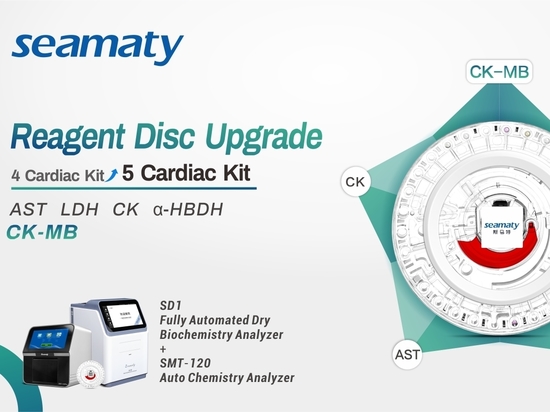
#Product Trends
Precision Liver Diagnostics in Veterinary Medicine
Bile Acids and Blood Ammonia Testing
Accurate assessment of liver health is critical in veterinary practice. Two essential biomarkers—bile acids (TBA) and blood ammonia (NH3)—provide valuable insights into liver function, allowing veterinarians to detect early-stage liver issues and prevent disease progression. These tests, performed efficiently on the SMT120VP Veterinary Biochemistry Analyzer, offer fast and precise results that support clinical decision-making in the care of animals.
①Bile Acids – Guardians of Liver Health
Bile acids play a vital role in digestion, but they are also powerful indicators of hepatic health. Elevated bile acid concentrations point to conditions such as cholestasis (bile flow obstruction) or portosystemic shunting, where blood bypasses the liver, impairing its function.
Clinical Applications of Bile Acid Testing:
Liver Function Evaluation: Helps detect liver impairments early, enabling timely interventions.
Subclinical Liver Disease Detection: Reveals hidden liver dysfunctions that may not yet show clinical symptoms.
Vascular Abnormality Screening: Supports the identification of portosystemic shunts and other vascular issues.
Monitoring of Hepatotoxic Medications: Tracks liver response to potentially harmful medications to avoid drug-induced liver injury.
The rapid bile acid testing feature on the SMT120VP ensures that veterinarians receive prompt results to guide effective treatments.
②Blood Ammonia – Detecting Liver Dysfunction Related to Hepatic Encephalopathy
Blood ammonia measurement is crucial in diagnosing and managing liver conditions associated with hepatic encephalopathy. When the liver's ability to detoxify ammonia is impaired due to portal vascular abnormalities or disease, ammonia levels in the blood rise. This excess ammonia can cross the blood-brain barrier, leading to neurological disturbances or degenerative conditions.
Clinical Applications of Blood Ammonia Testing:
Assessing Detoxification Capacity: Evaluates liver function by measuring the liver's ability to process ammonia.
Identifying Portal Vascular Abnormalities: Detects complications like portal hypertension or shunting.
Preventing Brain Dysfunction: Helps avoid neurological damage through early diagnosis of elevated ammonia levels.
Using the SMT120VP analyzer, veterinarians can obtain reliable ammonia results swiftly, ensuring they take prompt action to manage liver-associated neurological risks.
③The SMT120VP Veterinary Biochemistry Analyzer – A Diagnostic Advantage
The SMT120VP Veterinary Biochemistry Analyzer is an advanced, compact tool designed for on-site veterinary diagnostics. It offers a streamlined workflow by allowing multiple biochemical parameters, including bile acids and ammonia, to be tested simultaneously with minimal sample requirements. This efficiency helps veterinarians make quick, well-informed clinical decisions, particularly when managing critical liver conditions.





